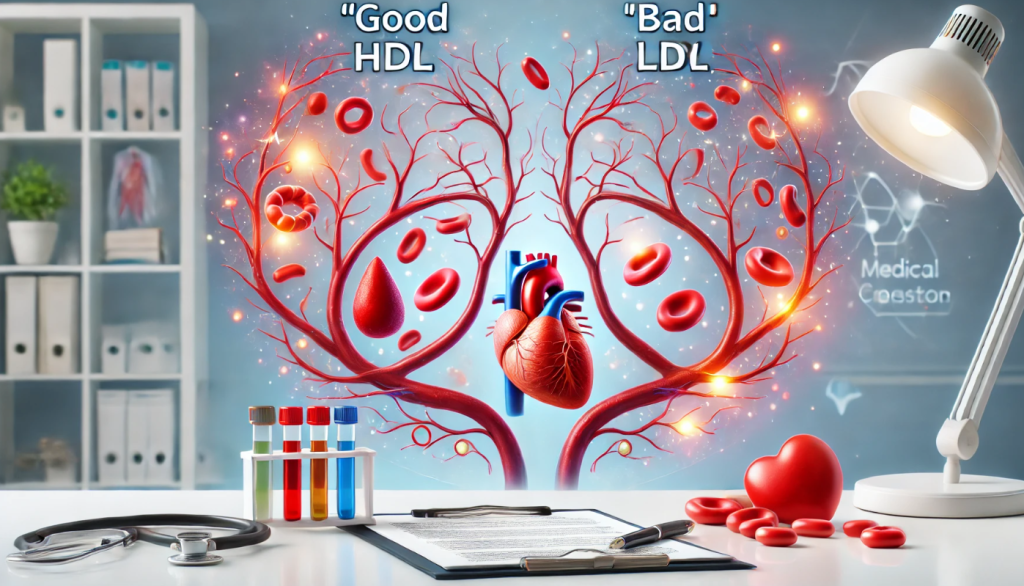Posted inEndocrinology
How to Reduce the Risk of Diabetes
Reducing the risk of diabetes is a vital step toward maintaining health and preventing complications associated with this condition. Diabetes, especially type 2 diabetes, is largely influenced by lifestyle and can be prevented by following simple recommendations. Let’s explore key strategies to lower the risk of diabetes. 1. Balanced Diet Eat low-glycemic index foods such as vegetables, whole grains, legumes,…









